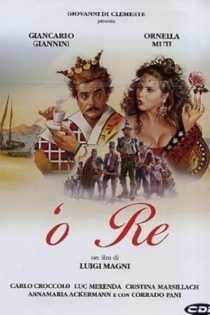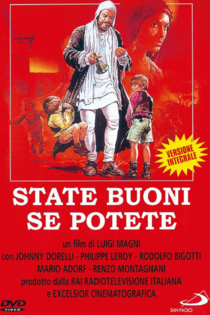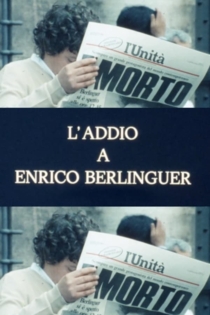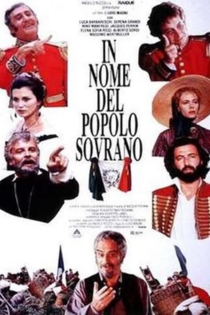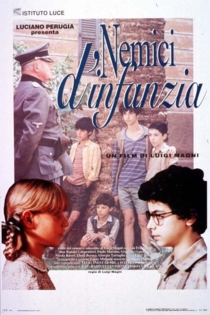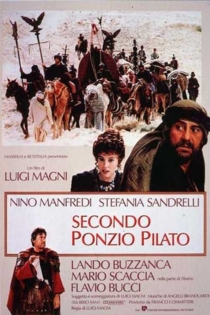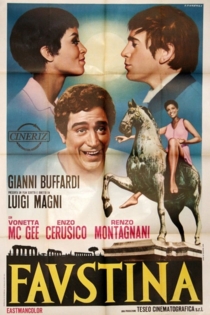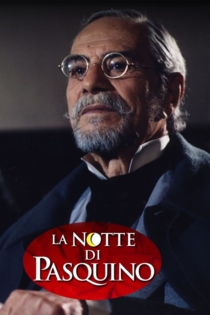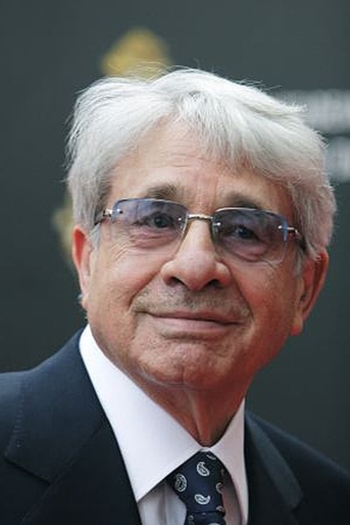
Luigi Magni
1928 - 2013In the Name of the Pope King
Luigi Magni
Nino Manfredi, Danilo Mattei
In 1867, with Garibaldi's forces close to bringing Rome into the Italian kingdom, Monsignor Colombo da Priverno, a world-weary judge on the papal court, wants to resign, disgusted by the violence to which the papacy resorts to hold secular power.
In the Name of the Pope King
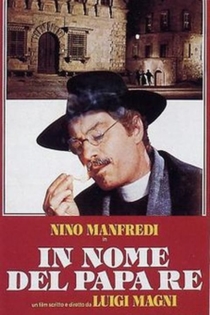
The Conspirators
Luigi Magni
Nino Manfredi, Enrico Maria Salerno
Rome, 1825. Bishop Rivarola (Tognazzi) and colonel Nardoni (Salerno) are in charge to suppress liberal revolution. Shoemaker Cornacchia (Manfredi) got the information that the liberal Filippo Spada (Ekland) is a spy and is going to denounce his revolutionary companions.
The Conspirators
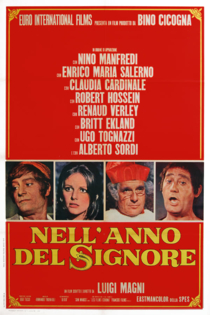
Marcello, una vita dolce
Annarosa Morri, Mario Canale
Marcello Mastroianni, Anouk Aimée
After shooting to fame with Federico Fellini’s “La Dolce Vita” (1960), actor Marcello Mastroianni (1924-1996) starred in more than 160 films in his nearly half-a-century career. Directors Mario Canale and Annarosa Morri look into the melancholic charm of one of the most famous Italian actors through interviews with his two daughters, Barbara and Chiara; directors Fellini and Luchino Visconti; actresses Claudia Cardinale and Anouk Aimee; and in archival footage of Mastroianni himself. The subject matter ranges from Mastroianni’s passion for kidney-bean pasta and his addiction to the telephone to his famous laziness, humility and talent. Shown in black-and-white, Mastroianni — elegantly holding a cigarette in between his fingers — is undeniably the dandy.
Marcello, una vita dolce

Arrivano i bersaglieri
Luigi Magni
Ugo Tognazzi, Giovanna Ralli
In the year 1870 Rome, then governed by the Pope, was captured by the Italian General La Marmora's troops. After the armistice, the Italian soldier Alfonso killed a Pope's soldier, the son of Don Prospero. Then he sought refuge in the house of Don Prospero himself. There Costanza and Olimpia, respectively the wife and the daughter of Don Prospero, fall for him. Then Gustavo, who knew that Alfonso had killed Don Prospero's son arrived in the house... Some things are going to happen
Arrivano i bersaglieri

La Tosca
Luigi Magni
Monica Vitti, Gigi Proietti
Rome, 1800. Napoleon threatens the power of the Church and executions of Jacobins are constant. Angelotti, the most famous of them all has escaped from prison and the chief of police is on his tail. Angelotti is being helped by a painter, lover of "La Tosca", a famous singer. The police chief suspects the truth and tries to arouse the jealousy of "La Tosca" to catch the escapee.
La Tosca
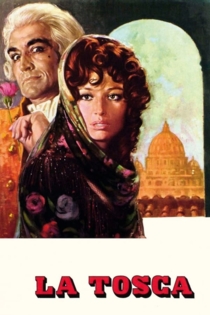
Scipione detto anche l'africano
Luigi Magni
Marcello Mastroianni, Silvana Mangano
Years after the Second Punic War, Scipio Africanus finds himself generally unliked, despite his defeat of Hannibal Barca. He and his brother, Scipio Asiaticus, are accused by Marcus Porcius Cato of the theft of 500 talents intended for Rome.
Scipio the African
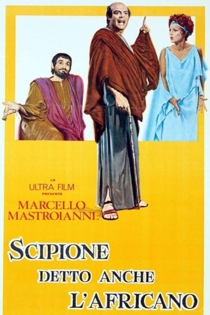
Signore e signori, buonanotte
Agenore Incrocci, Luigi Magni
Marcello Mastroianni, Vittorio Gassman
An episodic satire of the political and social status of Italy in the seventies, through the shows of one day of a television channel. An English language lesson turns into a killing of a black dignitary of an embassy by a CIA agent and then into his own killing by another colleague. In a television film, the police are befooled by a fake bomb and put a real one in order not to be derided by the public. In a film inquisition show, the bishop of Naples speaks highly of the importance of the family, but a child who lives a miserable family life kills himself. In the debate that follows it is proposed that they should eat the children, as Swift had said. In the next episode, a general who is in the toilet is called for the NATO parade, but the flasher breaks and in his effort to fix it, he dirts allover and kills himself. In a children's show an inspector finds excuses and delays the arrest of a powerful man...
Goodnight, Ladies and Gentlemen

'o Re
Luigi Magni
Giancarlo Giannini, Ornella Muti
One of the key factors in Italian unification was the overthrow in 1860 of Francesco, the King of Naples and the two Sicilies, who went into elegant but impoverished exile in Rome with his Queen, Maria Sofia. This seriocomic drama follows the deposed royals as they adapt to their new lives. The former king has recognized the political finality of his deposition, but his queen has taken to traveling in men's clothing all over Italy trying to foment an uprising to restore them to the throne. She is also frantic to have a baby, an heir, but the king has become celibate as a kind of homage to his beloved mother; he spends all his time lobbying the Vatican to get her declared a saint.
'o Re
